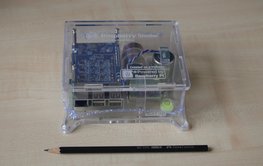The report "State of Global Water Resources 2022" by the World Meteorological Organization WMO has recently been published. It contains important contributions from the GFZ.
42 kilometres: This is the average thickness of the Earth's continental crust, but why is that so? What does this mean for plate tectonics?
The demonstration mission is intended to show what this type of small satellite can do. GNSS reflectometry measurements can very accurately display sea, glacier ice and wave heights.
Christopher Kyba's publication on light pollution is voted first place in the "Wissen der Vielen – Forschungspreis für Citizen Science" and receives prize money
The satellite trio still provides high-quality data of the Earth's magnetic field – processed by the GFZ, among others, also for the prediction of space weather and auroras.
Sanja Panovska won the 1.500 euros EGU Outreach Prize 2023 to realize a booklet for kids with games and puzzles about different geoscience fields. In an interview she gives insights into the project.
The German Research Centre for Geosciences and the Brandenburg Ministry of Economic Affairs and Energy are organising the Brandenburg Hydrogen Day for the first time today.
As part of the CAWa-Green project, the 6th edition of the “Tashkent Water Security Lectures” took place in Uzbekistan at the end of October – on the topic of water security in Central Asia
The Autumn School will take place for the 21st time on 13 and 14 November - with over 70 participants. The title of this year's teacher training programme: "Africa - A continent in the focus of geosci
The GFZ is setting up a temporary seismic network in Ukraine. For this purpose, three special seismometers that can be used by laypersons have been installed in Ukraine. Twenty more are to follow.


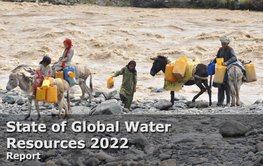
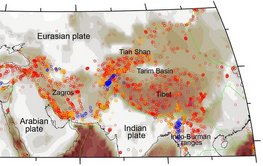
![[Translate to English:] Start der Vega Rakete](/fileadmin/_processed_/6/4/csm_20231201-kachel_Vega-VV23-launch_ESA-CNES-Arianespace_8f6efa4f64.jpeg)
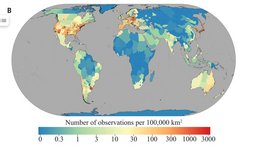
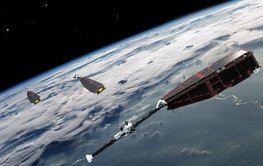
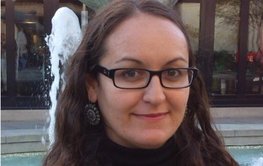
![[Translate to English:] Poster exhibition at the Brandenburg Hydrogen Day at the GFZ, some participants in the foreground](/fileadmin/_processed_/6/5/csm_Erster_Brandenburgischer_Wasserstofftag_GFZ_c3a49ac373.jpeg)
![[Translate to English:] Group picture of the participants](/fileadmin/_processed_/9/4/csm_20231108_CAWa-Workshop-Tashkent_Gruppenbild_417b600f01.jpeg)
![[Translate to English:] [Translate to English:] Hörsaal](/fileadmin/_processed_/e/6/csm_H%C3%B6rsal_37cf7418a3.jpeg)
